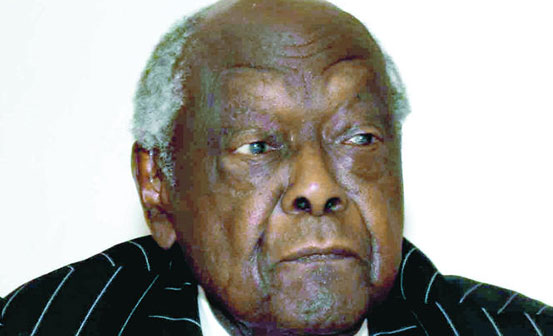×
The Standard e-Paper
Fearless, Trusted News

Former Judges and Magistrates Vetting Board chairman Sharad Rao has revealed the behind-the-curtains dealings that led to the fall of former powerful Attorney General and Constitutional Affairs Minister Charles Mugane Njonjo.
In a speech delivered at the UK’s House of Lords on Monday, Rao told an audience that included former UK envoys in Kenya that a controversial Indian astrologer “fixed Njonjo”.